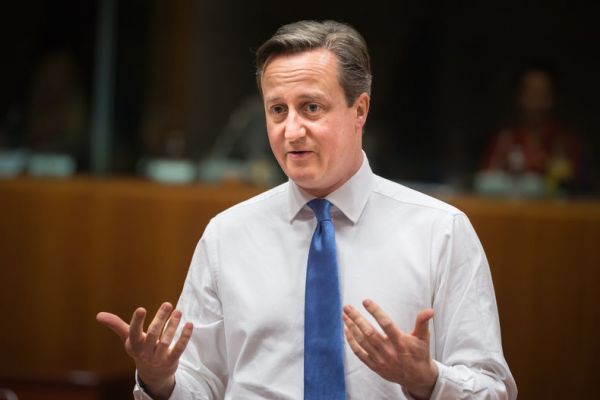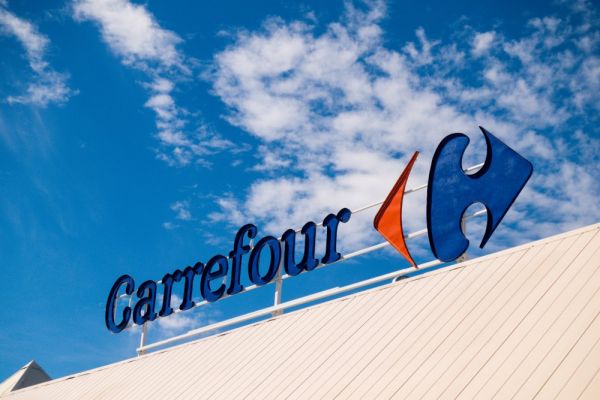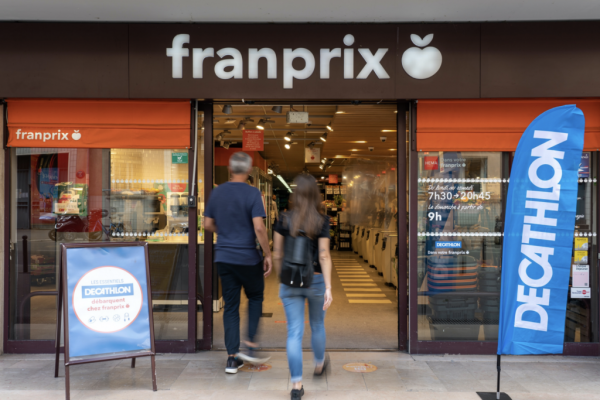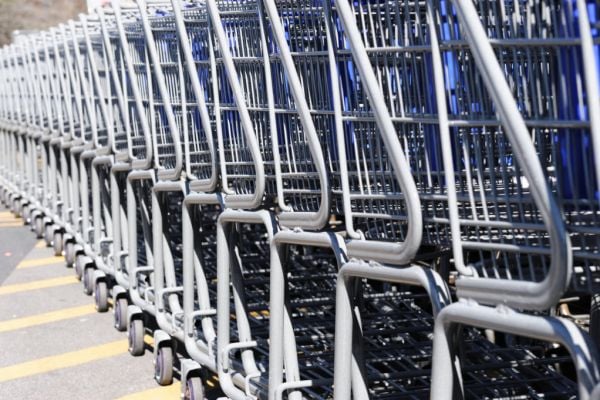Voter choice in Britain’s most uncertain general election for decades may be forecast from a surprising source: shopping baskets, according to researcher Kantar Worldpanel.
Conservative supporters eat avocados and drink ground coffee, while UKIP voters are more likely to buy Brussels sprouts and tea, the research group says.
A poll of 6,000 shoppers showed Conservative voters spend the most on groceries, at £4,437 a person a year, compared with £3,925 spent annually by Labour supporters. SNP, Liberal Democrat and UKIP voters are most likely to shop at the discounters, Kantar said.
The economy and living standards are playing a key part in the campaign between Britain’s two biggest parties. While Prime Minister David Cameron says that his party has brought about the country’s economic recovery, Labour argues that working families are not feeling the upswing. Opposition leader Ed Miliband promised to end the UK’s non-domicile tax loophole if his party is elected on 7 May, in his latest attack on tax avoidance by the wealthy.
“The changes we’ve seen since the last election paint a picture of two countries,” Giles Quick from Kantar said in a statement.
In a comparison with its data from just before the last election, in 2010, Kantar said that the amount of Britons spending in discounters has increased to 67 per cent from 54 per cent, while the amount spent at upscale supermarket chain Waitrose has increased from £3.5 billion to £4.6 billion.
Green Party supporters have the most eclectic shopping baskets, Kantar said, including fruit and herbal teas, French cheese and mangoes. Labour supporters are more likely to prefer loose tea, while UKIP backers opt for tea bags.
“The public view the election and politics through the prism of their household budgets and prospects,” Michelle Harrison, head of political and social research at Kantar’s TNS, said. “Their shopping behaviours, and how they have changed over the past five years, are a window in on political sentiment.”
Bloomberg News, edited by ESM











